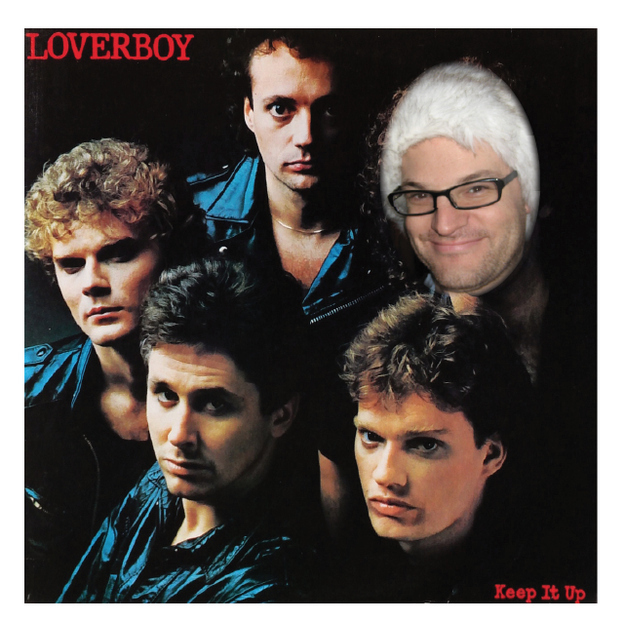1. Why Can't I Remember Everything?
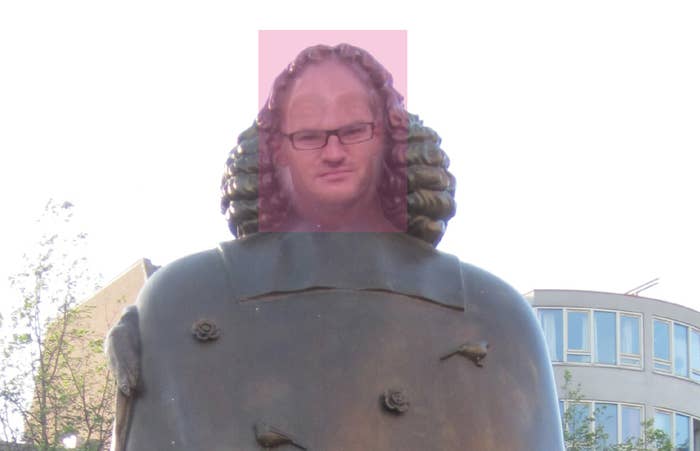
2. Swimming in the Sea of Self
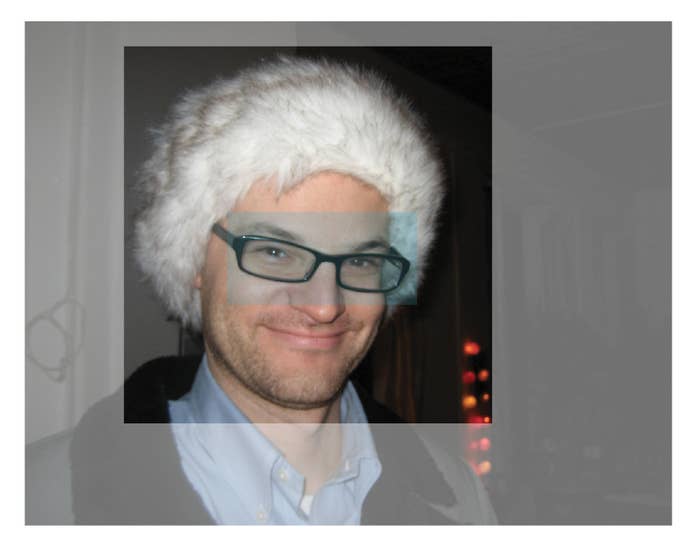
3. Gimmie Shelter
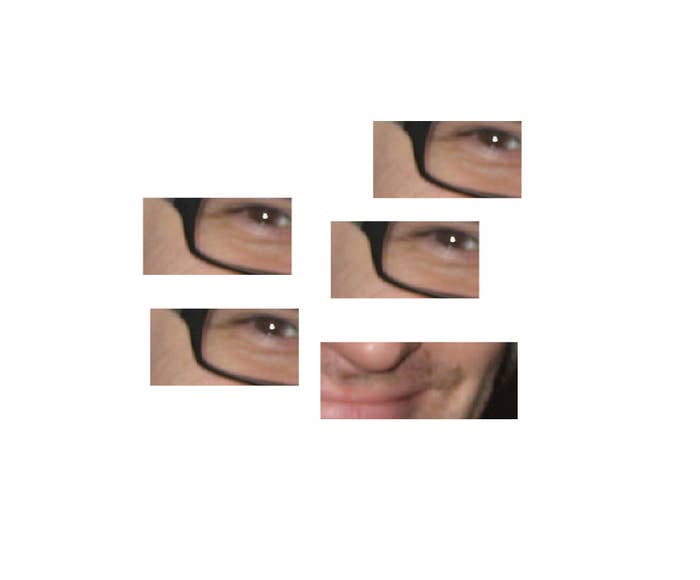
4. Truly! Madly! Deeply!
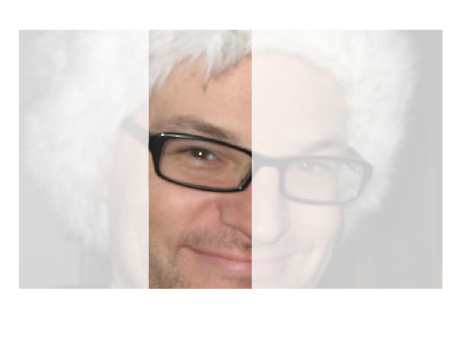
5. Originality as Vocation
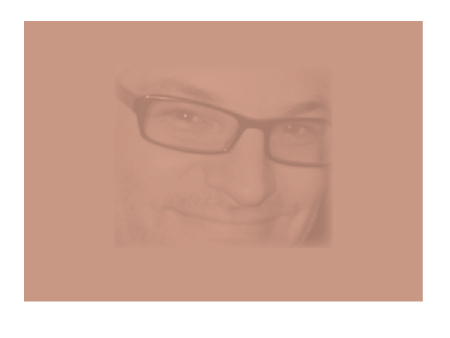
6. Stuff Inside vs. Stuff Outside
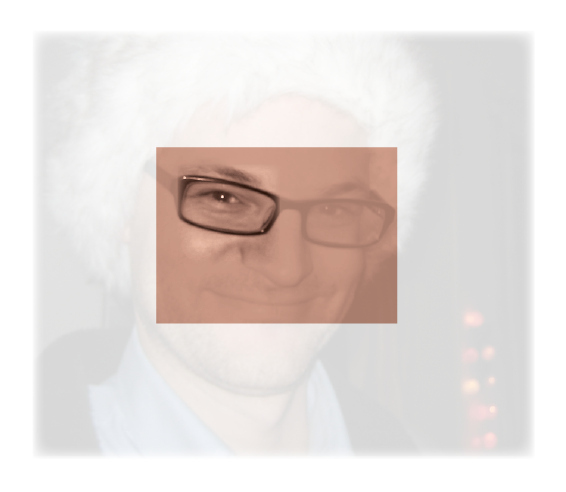
7. Dialectic of Appropriation
